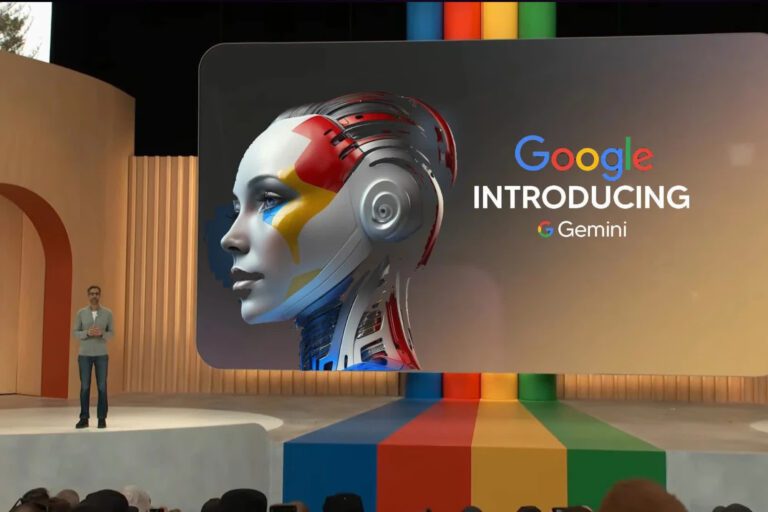
[ad_1]
In a nutshell: Google’s Gemini AI model landed on select mobile devices earlier this year via Android app, but some were surprised to learn that one of the company’s latest flagship smartphones didn’t make the list. During Mobile World Congress, it was revealed that Gemini Nano couldn’t run on Google’s Pixel 8 due to unspecified hardware limitations. Now, we’ve got a better idea of what was holding the phone back from on-device AI compatibility.
On a recent episode of the Made by Google podcast, VP of devices and services software, Seang Chau, said the Pixel 8 Pro with 12 GB of RAM was the perfect platform to load Gemini Nano onto and see what was possible. The entry-level Pixel 8, however, ships with 4 GB less memory, and it seems Google didn’t want to “degrade the experience” by forcing the AI model to run on just 8 GB.
Google has since had a change of heart – well, sort of. In a recent announcement on the Pixel Phone Help site, the tech titan said it will be rolling out Gemini Nano to Pixel 8 users as a developer option in the next software drop. That’s good news for devs that know how to enable it, but mostly a nothing burger for the average Pixel 8 user – at least, for now.
Jumping back to Chau’s podcast appearance, the Googler explained that the company wants some of its AI-enabled features, like smart reply, to be “RAM resident.” This means they “permanently” occupy a chuck of memory, which will allow them to be ready to go at a moment’s notice.
It’s worth mentioning that Google told Ars Technica that neither the Pixel 8 nor the Pixel 8 Pro are keeping Gemini in memory currently, and that you have to turn on a the developer flag to do so.
Armed with this new information, some will no doubt question whether or not they want Gemini Nano running on their phone at all. An unrestricted install will result in “permanently” losing a chunk of system memory, which could slow down the performance of other apps and services on your smartphone. Is that trade-off going to be worth it?
[ad_2]